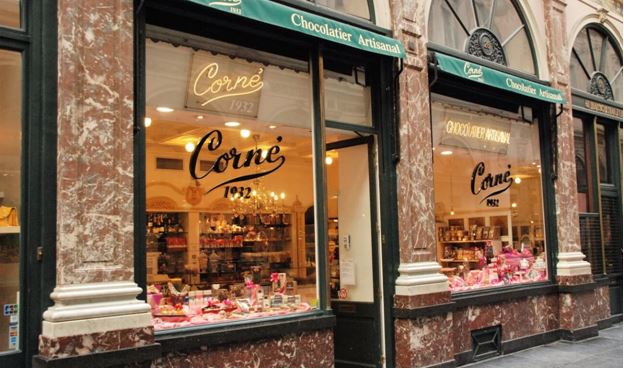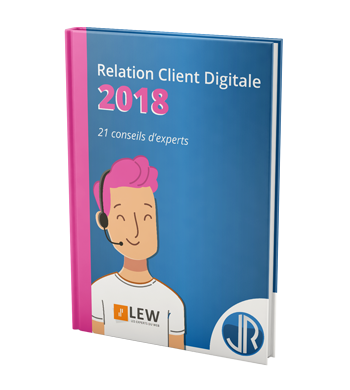5 Reasons Customers Value Experience More Than Price
Ask someone with a simplistic understanding of retail how to win more customers, and they’ll likely present the classic solution of “Lower your prices” — and while there’s some wisdom to that, it nods to a fundamental misunderstanding of how (and why) we make retail decisions. Pricing is just one factor among many, playing a part that’s far from the biggest.
Image credit: Pxfuel
If you’re eager to take your business to the next level, then, you shouldn’t focus on undercutting your competition: in addition to reducing your profit margins, it will fall well short of yielding the results you’re looking for. So what should you focus on? Well, the sensible option for your top optimization priority is customer experience.
As time goes by, more and more brands come to accept that customers ultimately value great buying experiences more than they value industry-leading prices. In this post, we’re going to explore why experience matters so much, explaining why you should invest in it. Let’s begin.
Most products are inessential
Groceries are vital for most people, obviously. They don’t own farms and can’t exactly head out into the concrete jungle to hunt wooly mammoths. And those with limited budgets will always care significantly about price, choosing the suppliers that can save them the most money. But groceries and other vital items only account for some ecommerce traffic.
The rest of it goes to products that customers can live without: products that would have been considered luxury items not so long ago. Expensive comestibles. Consumer electronics. Video games (Newzoo has more on this). DIY equipment (yes, owning a jigsaw is hardly essential for most people). And when we buy things we don’t really need with money that we evidently don’t need for anything else, we don’t need to care too much about cost.
Online stores can blur together
Not only are there far more online stores than there could be brick-and-mortar stores (virtual space, after all, is essentially unlimited), there are also fewer ways in which they can be rendered distinct. Traditional retailers could pipe unique scents into their stores. They could create compelling in-store displays, or host in-store events to bring people in. Their retail assistants could be appreciably conversational while steering shoppers to purchases.
Ecommerce is much more limited in that regard. If you want to market an online store then you can draw upon a much broader range of options, but if you want to offer a unique store experience then you face a much greater challenge. Why does this make experience so valuable to customers? It’s simple: scarcity. The more mediocre the typical online store happens to be, the more it means when a seller makes a serious effort to stand out.
You might not be able to compete on pricing, but if you can get creative and take advantage of all the resources at your disposal to make using your site a notable experience, you can end up getting chosen over your rivals. Try offering better visuals, video guides, polished mobile navigation, chat support, useful apps… there are plenty of ways to make your store unique. If you have the time and skills, consider maintaining a store blog: there are some ecommerce platforms that don’t natively support blogs, but most do, so give it a try.
They want to feel like VIPs
I alluded to how convincing store assistants can be, and that’s largely due to how they can make shoppers feel like VIPs. By giving a given customer their full attention and thinking carefully about their needs, they can give the impression — however brief and illusory — that they’re the only customer who really matters. And that impression makes a huge difference.
How do you feel when you go bargain shopping online? Sometimes you’ll feel crafty and frugal, but you’ll never forget what it means: that you’re not among the wealthy. But a well-designed store experience can make you feel like a big deal, regardless of how much money you’re spending. Visit a website for a high-end car manufacturer and you’ll see the level of polish on display. Make someone feel like a VIP (avoiding mistakes for which you may be tempted to apologize, however ineffective that may be) and they’ll be far more willing to spend heavily.
It’s a better indicator of brand reliability
Customers increasingly want to find brands they can support and return to on a consistent basis. If anything, there are too many options online: when the items you want are available from hundreds of online stores, how are you supposed to choose one in particular? You can go by pricing, tallying up the shipping costs and ordering from whichever store costs you the least — but that store might end up being the most expensive for whatever you need next.
The reasoning is pretty simple: any given retailer (barring occasional dominance-based exceptions like Amazon) can’t lead the pack on every type of product without facing major profitability problems — race-to-the-bottom pricing doesn’t really help anyone in the end. In all likelihood, it will be the cheapest for some things, the most expensive for others, and competitive for the rest. So how can it win loyalty?
By providing a consistent buying experience, of course. Instead of being the cheapest, it can be the simplest, or the most entertaining, or the most convenient. If it can stand out when it comes to experience, then it will build up a customer base that doesn’t care all that much about the specifics of its pricing.
Many price gaps are negligible
Lastly, but no less significantly, we need to consider that most price gaps are actually negligible. Head to Google Shopping to look for listings of any product you care to investigate: in all likelihood, the top results will be extremely similar. The sellers may well be using dynamic pricing tools to ensure that their prices stay competitive. And when the cheapest listing is just a couple of pounds under the statistical average, does it mean all that much?
If I had the option of buying something for $10 from a bland retailer or for $12 from a retailer with a notable personality and a great customer service department, I’d always choose the latter. Having a fantastic buying experience would be worth far more to me than the $2 I could have otherwise saved. Now, it’s obviously going to be different if the cheapest listing is far cheaper than the alternative — but how often does that happen?
 |
Rodney Laws is an ecommerce expert with over a decade of experience in building online businesses. Check out his reviews on EcommercePlatforms.io and you'll find practical tips to help you build the best online store for your business. Connect with him on Twitter @EcomPlatformsio. |

















 Français
Français English
English